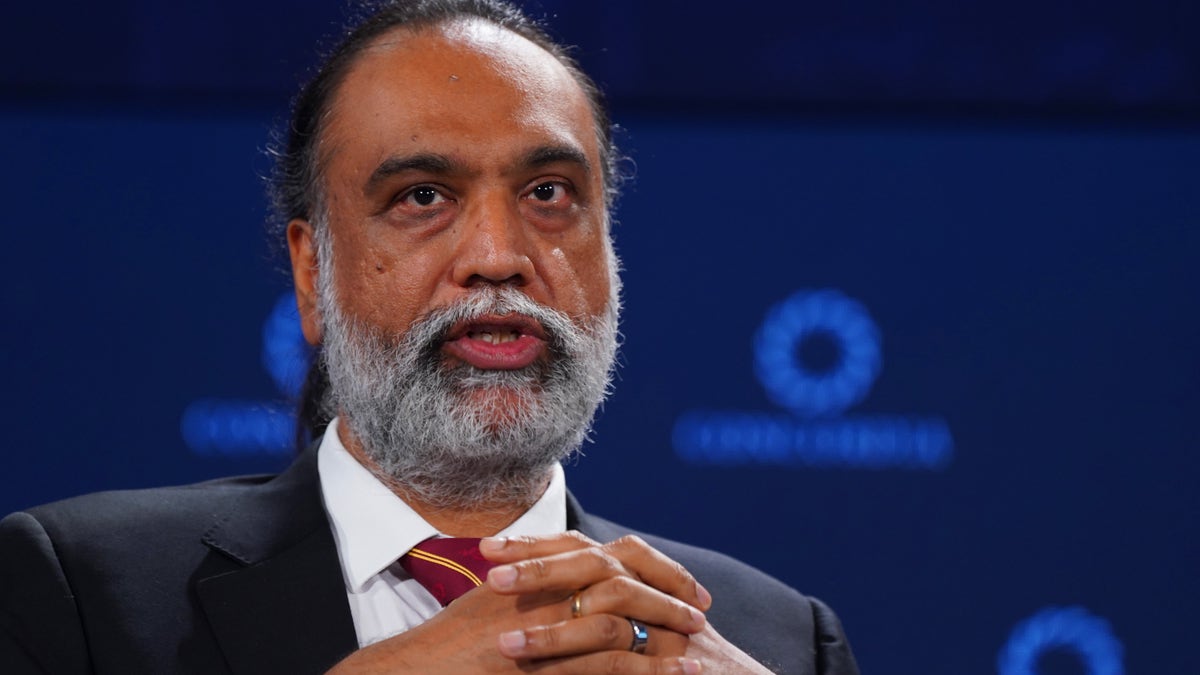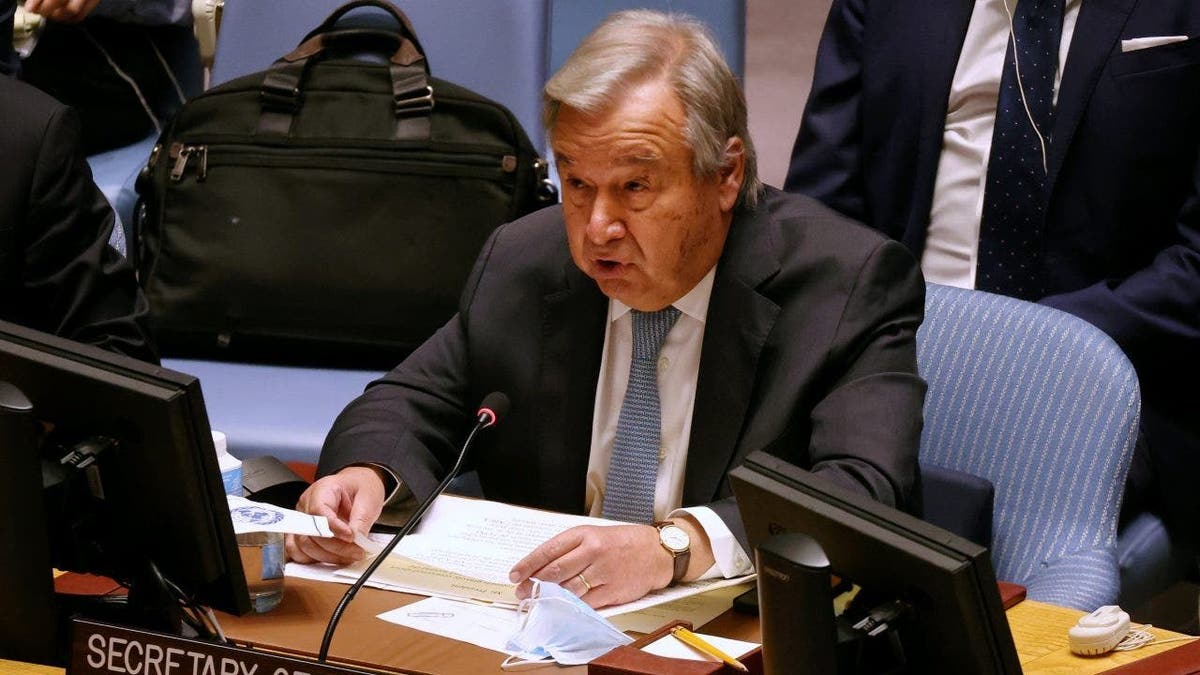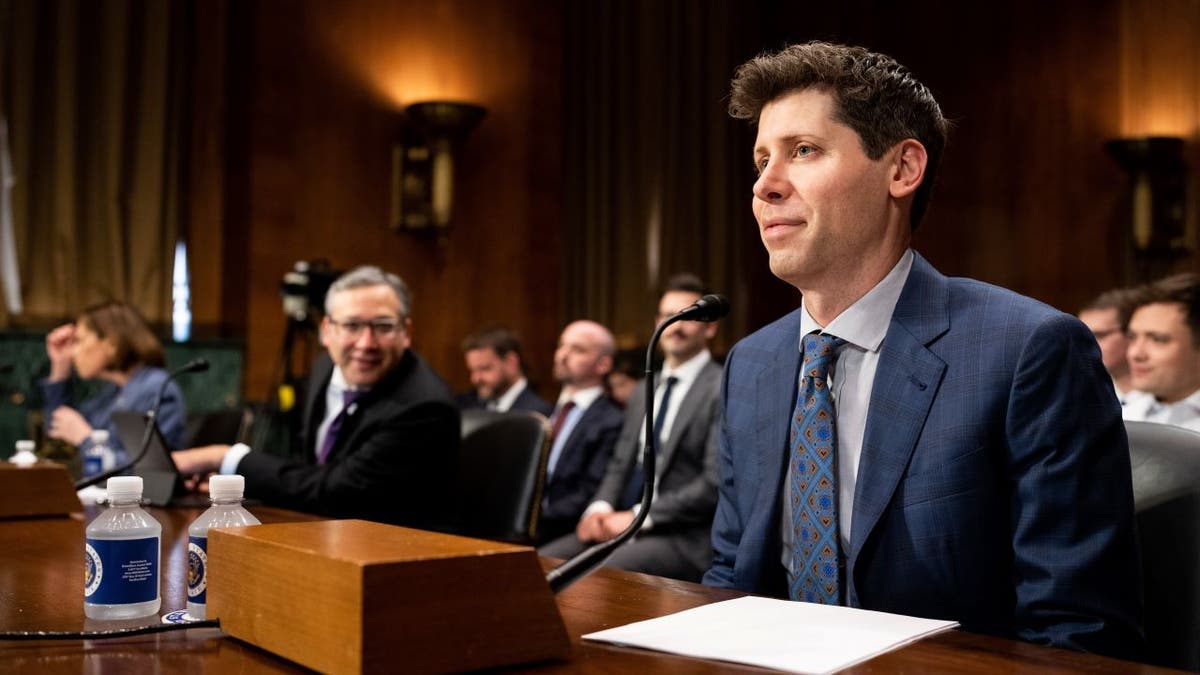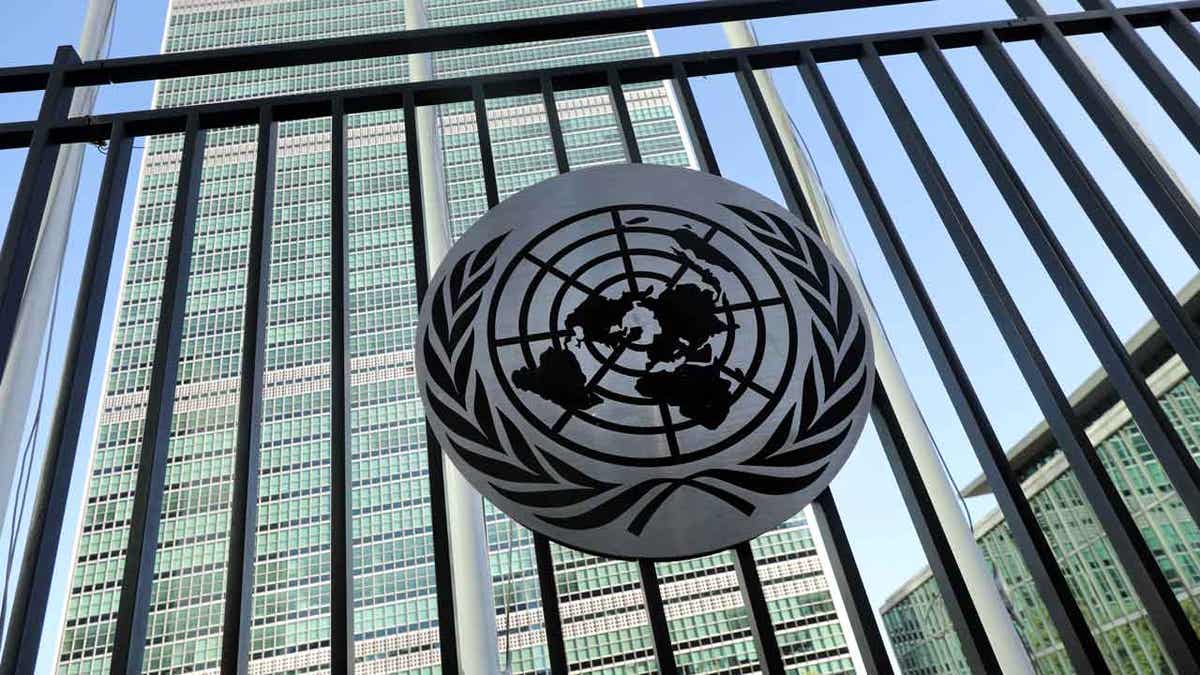The United Nations emphasizes the pressing need for international cooperation on artificial intelligence (AI) policy, recognizing both the immense potential and inherent risks of this rapidly evolving technology. Amandeep Gill, the U.N. Secretary-General's envoy on technology, stressed the importance of establishing a common understanding among member states before creating any formal regulatory body.
Gill, who spearheads the U.N.'s efforts to form an AI advisory committee, noted the organization's urgency in addressing the existing governance gaps and potential hazards of AI. While the U.N. lacks direct regulatory power, it aims to have this advisory committee operational by year's end. Any future watchdog agency would require the consent and collaboration of member states.
Echoing this sentiment, U.N. Secretary-General Antonio Guterres recently highlighted concerns voiced by AI developers themselves, urging member states to heed these warnings and consider establishing an international agency modeled after the International Atomic Energy Agency.

The U.N. acknowledges AI's transformative potential, particularly in achieving sustainable development goals. However, insufficient investment in governance, safety standards, and benchmarks has left many nations ill-prepared for AI's societal impact. Gill pointed out that public sector institutions are lagging in their understanding and ability to manage the implications of AI, including job market shifts, misinformation, and potential threats to democratic processes.
Simultaneously, Gill emphasized AI's potential to accelerate progress on critical global challenges like climate change, sustainable agriculture, and pandemic preparedness. He stressed the need for effective governance not only to mitigate risks but also to foster public trust in AI solutions.
The rise of publicly accessible AI tools like OpenAI's ChatGPT has intensified discussions about the technology's potential benefits and drawbacks. While fears surrounding misinformation, job displacement, and political bias are valid, the positive applications of AI are becoming increasingly apparent. From revolutionizing education and workforce development to identifying forced labor in supply chains and improving agricultural practices in Africa, AI's potential to address complex issues is undeniable.

Gill underscored the importance of careful and context-aware AI deployment, cautioning against the use of biased or incomplete datasets. He warned that flawed data could lead to inaccurate insights and erode public trust in the technology. The focus, he argued, should be on responsible implementation, considering the full lifecycle of AI and its potential consequences.










